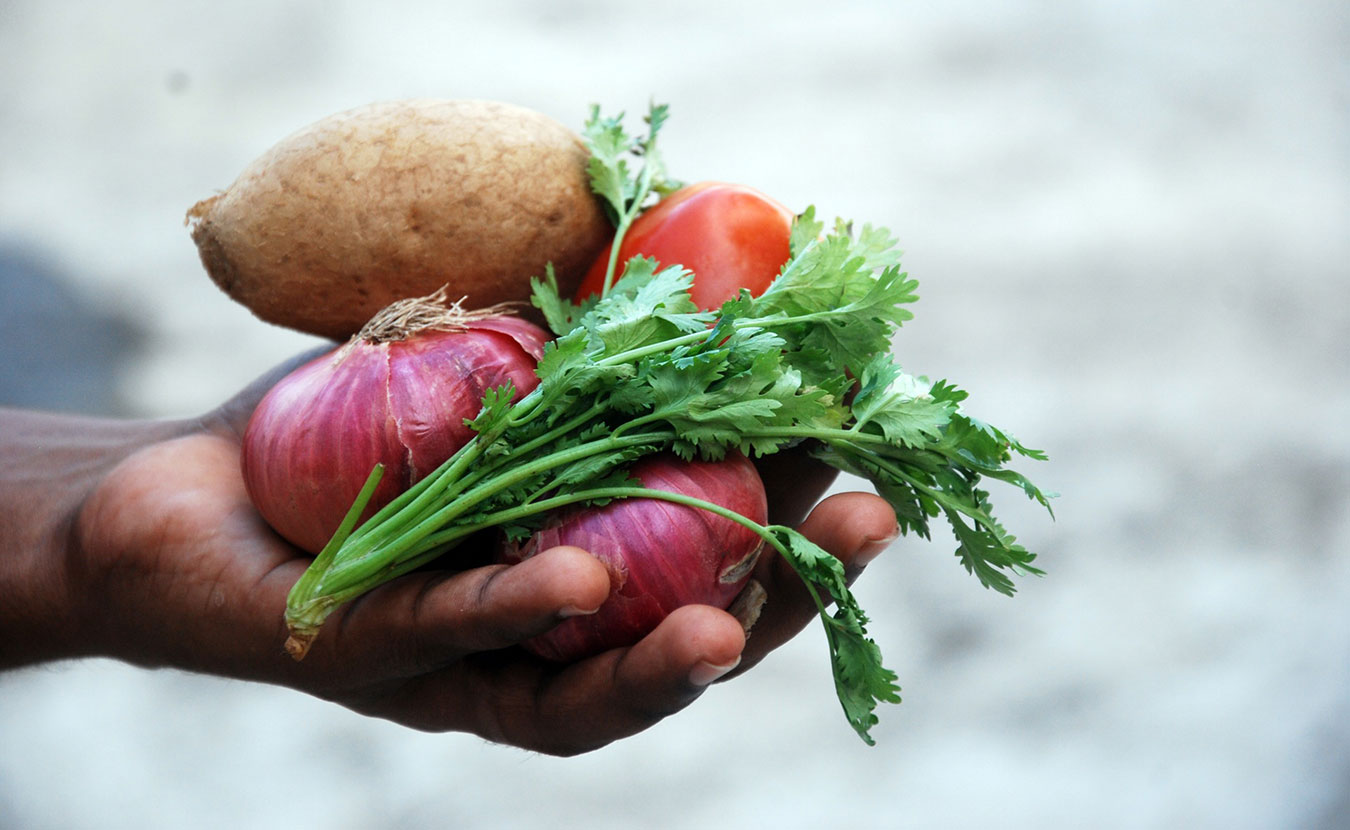Renowned restauratrice Alice Waters will visit Bloomington from April 6-8 to officially launch the Indiana University Food Project. But this event won’t be the only contribution she has made to the community.
Restaurants such as Feast and FARMbloomington, which are revered for serving fresh, local food, may not have been able to attain such success had it not been for Waters’ restaurant Chez Panisse, which she opened in Berkeley, California, in 1971.
Chez Panisse’s unique identity — formed from its close relationships with farmers and other food providers — resonated with food connoisseurs and sparked a slow food movement that swept across the nation.
However, Waters wouldn’t want you to call it a movement.
“Humans have always eaten locally, taken care of the land,” Waters says. “These ideas have always been present. Fast food has changed these values — that it doesn’t matter where food comes from or what’s in it.”
Programs such as the IU Food Project are the result of an “awakening,” as Waters puts it, to the changes happening to the environment and the uncertainty of where or how food is being produced.
The IU Food Project, a part of the College of Arts and Sciences’ Food Institute, will work with undergraduate groups on a number of initiatives such as curriculum development, service and outreach programs, event programming, and the promotion of other sustainable food-related programs.
Carl Ipsen, a historian of modern Italy and a professor in the IU Department of History, says the project’s inception came from a lunch meeting he had with Waters in Rome in 2012. Waters was working with the American Academy in Rome to establish the Rome Sustainable Food Project, and Ipsen wanted to do something similar at IU.
With Waters’ support, Ipsen created the Collins Sustainable Food Committee at IU’s Collins Living Learning Center, where Ipsen serves as director. A few years later, after much canvassing, community building, and promoting, the IU Food Project was born.

Carl Ipsen, professor in the IU Department of History and director of Collins Living Learning Center. | Photo by Erica Simpson
While initiatives such as these are a step in the right direction toward raising awareness to the benefits of eating locally grown food rather than fast food, supporters say plenty more can be done to shift values on a broader scale. One group collaborating with the IU Food Project, the Edible Schoolyard Project, promotes the adoption of edible education in K-12 school curriculum “to empower students with the knowledge and values to make food choices that are healthy for them, their communities, and the environment.” As consumers, that means altering the way we purchase and cook food.
Waters says consumers can make an immediate impact by supporting local farmers markets, paying attention to food labels, and eliminating packaging by using reusable containers such as baskets. She points out that the best way to stay on top of these practices is to make it fun — citing that cooking and cleaning up after meals with friends and family is one of her favorite activities.
“I call it eating with intention,” Waters says.
Since opening Chez Panisse, Waters has written fifteen books (including two bestsellers); founded the Edible Schoolyard Project, which connects educators around the world to build an edible curriculum for children; and was named vice president of Slow Food International, an organization that prevents the disappearance of local food cultures and combats people’s disinterest in what they eat. She was also given the 2014 National Humanities Medal by President Barack Obama.
When Waters arrives in Bloomington on April 6, she will introduce the 1938 film The Baker’s Wife at IU Cinema at 7 p.m. The following day, she will give a talk, “Teaching Slow Food Values in a Fast Food Culture,” at 4:30 p.m. in President’s Hall. The lecture is free and open to the public, but tickets are required for the film.
Most importantly, she will launch a program that aligns with her goal of providing both sustaining and sustainable food for a planet that is becoming all too familiar with fast, cheaper alternatives.
“I’m very excited to come and visit and see how far things have progressed,” Waters says.
She may even see some of the restaurants that she has indirectly helped become popular.




No Replies to "Food Icon Alice Waters to Help Launch IU Food Project"